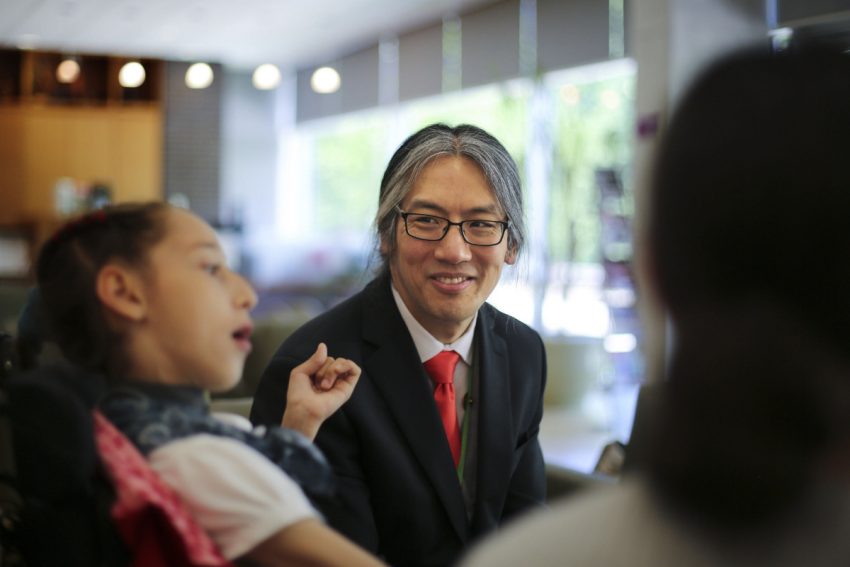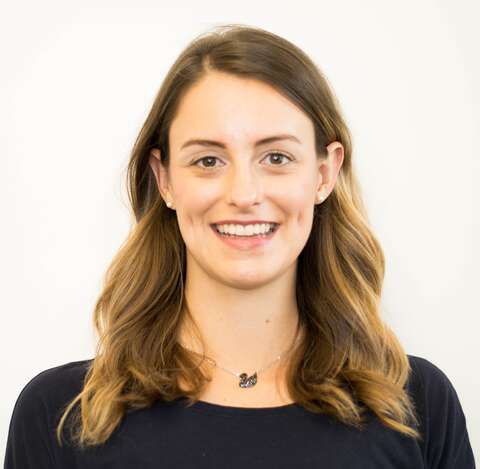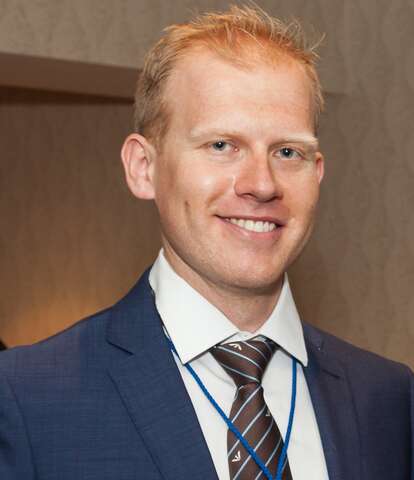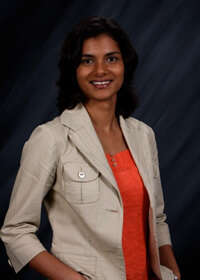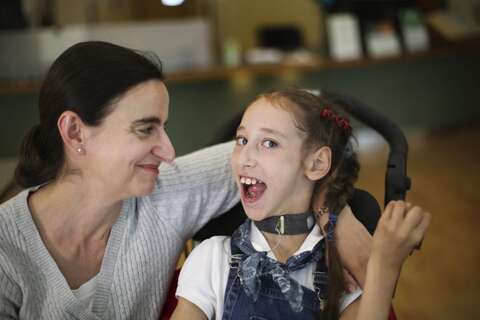Student Feature: Kyla Alsbury
The RSI Student Feature introduces you to some of the interesting people studying in the Rehabilitation Sciences Institute. From leaders in rehabilitation sciences research to providing care to Toronto’s most vulnerable populations, our students are making an impact on communities at home and around the world.
Do you have an interesting story to share? Fill out our New Student Feature Form or please contact rsi.director@utoronto.ca.
Kyla AlsburyYear & Program: 2nd Year PhD |
Q. What is your area of research?
I'm interested in how older adults are referred to community-based exercise programs which have a healthcare-recreation partnership. Many seniors experience difficulties with their balance and mobility, and these programs can be very beneficial for these concerns. Community-based exercise programs like the TIME program (developed by UHN physical therapists) are emerging across Canada, however many program providers report difficulties with registration in the first 1-2 years. I want to know who is being referred to these programs, by whom (for example, their physician, occupational therapist, friend or family member, etc.), and whether or not these referral patterns vary depending on the setting (urban or rural communities). This will also inform me as to who does not have access to these programs and perhaps shed some light on why this may be.
Q. What drew you to the field of rehabilitation sciences?
I've always been interested in a career where I could make a tangible difference in peoples lives, which is why I became a physical therapist. After working for 4 years in the community, although I felt that I was helping my patients day to day, I realized I wanted to have a broader impact through research. In the future, I hope to treat patients clinically, contribute to research, and teach the next generation of physical therapists.
Q. Why did you choose to pursue your studies in the Rehabilitation Sciences Institute at the University of Toronto?
I chose to undertake my doctoral studies at the Rehabilitation Sciences Institute at the University of Toronto for many reasons. My supervisor, Dr. Salbach, has a strong research program and extensive professional network, and I felt that she would be an invaluable mentor during my program. I am confident Dr. Salbach will help guide me in achieving my goals! I was also attracted to RSI for it's strong reputation of research excellence.
Q. What advice would you give to prospective RSI students?
I would recommend seeking out a supervisor whose research program matches your interest and who you feel would be a good fit for your work style.
Q. Do you pursue any extracurricular activities or hobbies?
I am a runner and a triathlete and recently completed a Half Ironman in 2018.
Q. Please share a recent accomplishment!
I have just been offered a spot at the Summer Program in Aging through the CIHR Institute of Aging for May 2019. I look forward to learning more about Geroscience in collaboration with fellow trainees from across Canada!
I received an Interdisciplinary Fellowship through the Canadian Frailty Network from September 1, 2018 to August 31, 2019. I'm grateful to have participated in many different learning opportunities with my fellow trainees so far, with more to come!
Optimize this page for search engines by customizing the Meta Title and Meta Description fields.
Use the Google Search Result Preview Tool to test different content ideas.
Select a Meta Image to tell a social media platform what image to use when sharing.
If blank, different social platforms like LinkedIn will randomly select an image on the page to appear on shared posts.
Posts with images generally perform better on social media so it is worth selecting an engaging image.
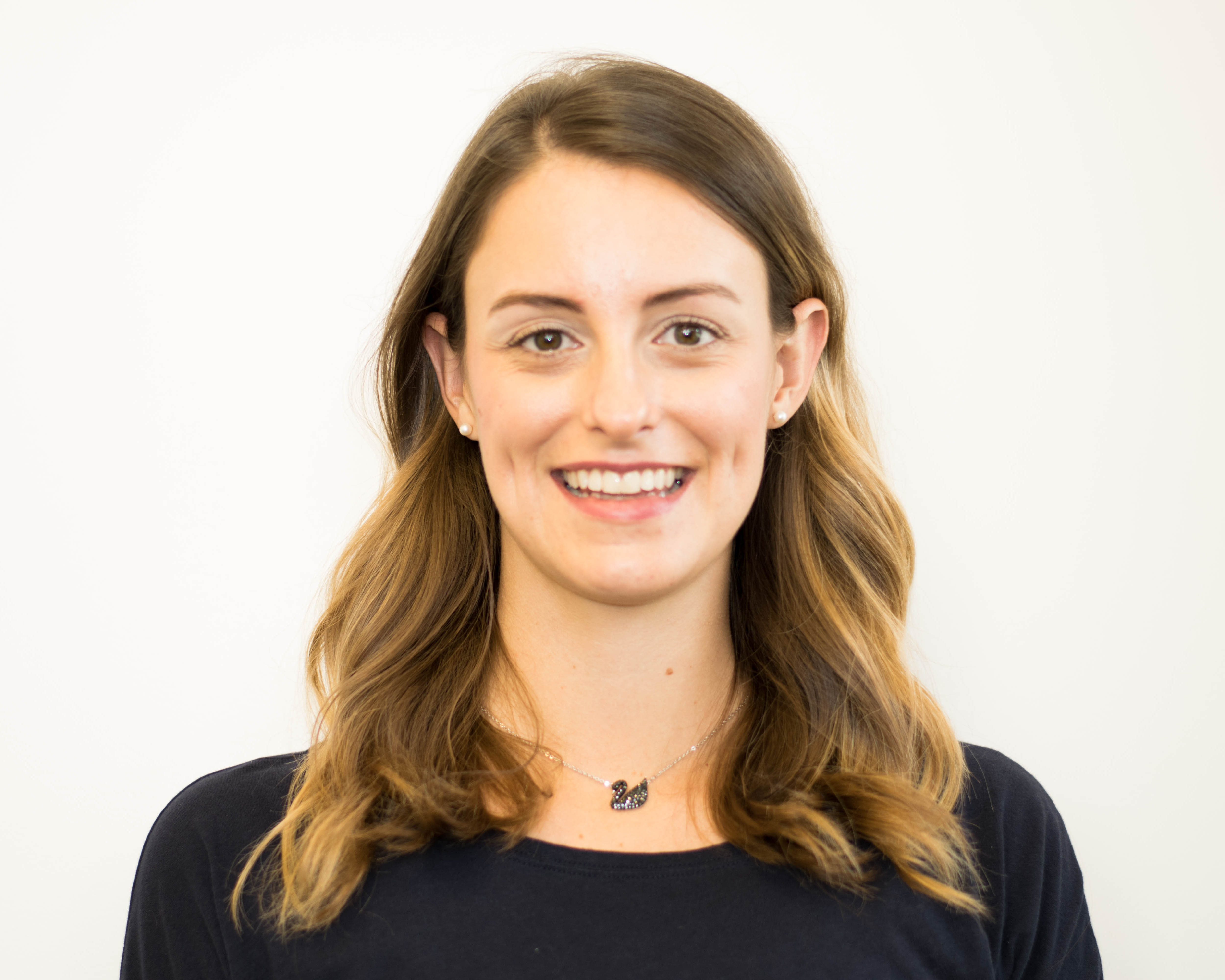
Student Feature: Patrick Jachyra
The RSI Student Feature introduces you to some of the interesting people studying in the Rehabilitation Sciences Institute. From leaders in rehabilitation sciences research to providing care to Toronto’s most vulnerable populations, our students are making an impact on communities at home and around the world.
Do you have an interesting story to share? Fill out our New Student Feature Form or please contact rsi.director@utoronto.ca.
Patrick JachyraYear & Program: 4th Year PhD |
Q. What is your area of research?
My research seeks to understand how to enhance the health and well-being of children and youth with autism spectrum disorder. Specifically, my work seeks to understand how to increase physical activity participation, and the methods, and conceptual framework guiding my research are interdisciplinary in nature.
Q. What drew you to the field of rehabilitation sciences?
My undergraduate and masters degrees were in exercise science, and I was attracted to rehabilitation sciences to expand the depth, breadth, and to nuance my thinking. While I had a good handle on the exercise sciences, completing my PhD in rehabilitation science has provided me with a better understanding of how rehabilitation sciences have a role in enhancing the health and well-being of children and youth with autism spectrum disorder.
Q. Why did you choose to pursue your studies in the Rehabilitation Sciences Institute at the University of Toronto?
I chose RSI to work with my supervisor Dr. Barbara Gibson. She is an international leader, and her support of my work from the beginning has made an indelible impact in my life. The design of the RSI program is also optimal as there are a reasonable amount of required courses as part of the degree, but also provides lots of time for independent learning and inquiry.
Q. What advice would you give to prospective RSI students?
Spend some time to think about really what drives you and interests you, and work to pursue those interests through research. The research journey may not always be easy, but it will be worth it in the end.
Q. Do you pursue any extracurricular activities or hobbies?
Founder and former director of the Extraordinary Youth Council in Toronto, a recreation program designed for youth with autism spectrum disorder centred on teaching physical activity, life skills, and social skills.
Q. Please share a recent accomplishment!
Received the RSI Community service award for my work in the autism community in 2018, Gordon Cressy Student leadership Award, and the UTAA Graduate Scholar Award in 2017, at the University of Toronto Awards of Excellence Ceremony.
Optimize this page for search engines by customizing the Meta Title and Meta Description fields.
Use the Google Search Result Preview Tool to test different content ideas.
Select a Meta Image to tell a social media platform what image to use when sharing.
If blank, different social platforms like LinkedIn will randomly select an image on the page to appear on shared posts.
Posts with images generally perform better on social media so it is worth selecting an engaging image.
Jessica Boafo
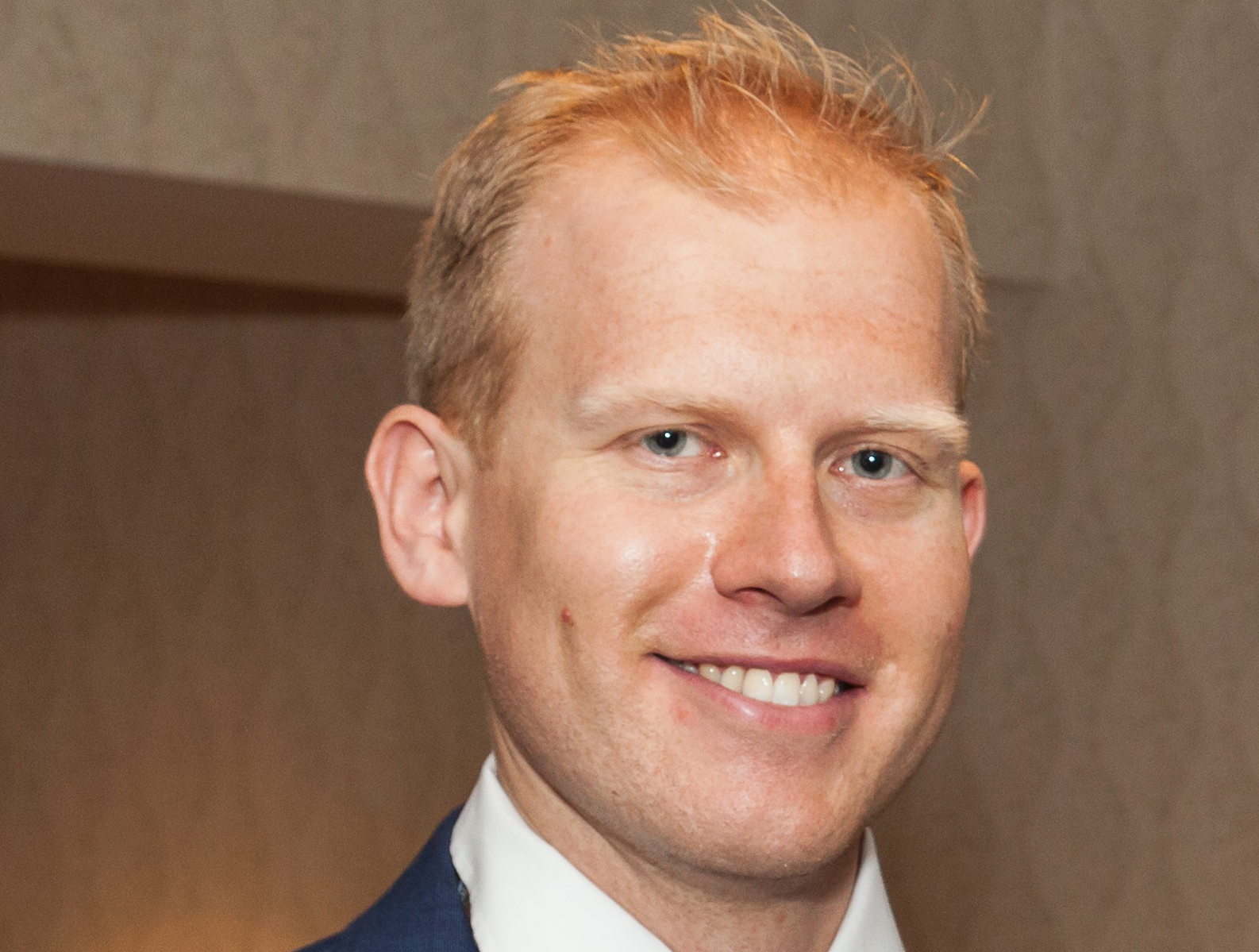
Dr. Sunita Mathur Receives the 2017-18 FoM Graduate Teaching Award
This award recognizes outstanding contribution to the training and experience of graduate students, as evidenced by excellence in teaching, supervision and mentorship and dedication to students.
Along with an appointment to RSI, Sunita Mathur is a physiotherapist and Assistant Professor in the Dept. of Physical Therapy where she leads the Muscle Function and Performance Lab. She is also the co-founder and co-Chair of the Canadian Network for Rehabilitation and Exercise for Solid Organ Transplant Optimal Recovery (CAN-RESTORE) and is also a member of the Cardiorespiratory Division of the Canadian Physiotherapy Association, the Canadian Respiratory Health Professionals of The Lung Association and the Canadian Society of Exercise Physiology.
Dr. Mathur’s research is aimed at improving the health of skeletal muscle in people suffering from profound muscle atrophy and weakness in order to help them regain function and independence so they can return to participating in the activities they enjoy. She uses a combination of non-invasive techniques to examine muscle structure and function including muscle force measurements, exercise testing, bioelectrical impedance analysis, magnetic resonance imaging and spectroscopy (MRI/MRS), muscle ultrasound and computed tomography (CT).
This honour is truly a great testimony to Dr. Mathur’s many contributions to teaching and supervision at such an early stage in her already impressive career.
Dr. Mathur will receive her award at the Faculty of Medicine Education Achievement Celebration on May 9, 2018.
Optimize this page for search engines by customizing the Meta Title and Meta Description fields.
Use the Google Search Result Preview Tool to test different content ideas.
Select a Meta Image to tell a social media platform what image to use when sharing.
If blank, different social platforms like LinkedIn will randomly select an image on the page to appear on shared posts.
Posts with images generally perform better on social media so it is worth selecting an engaging image.
Jessica Boafo
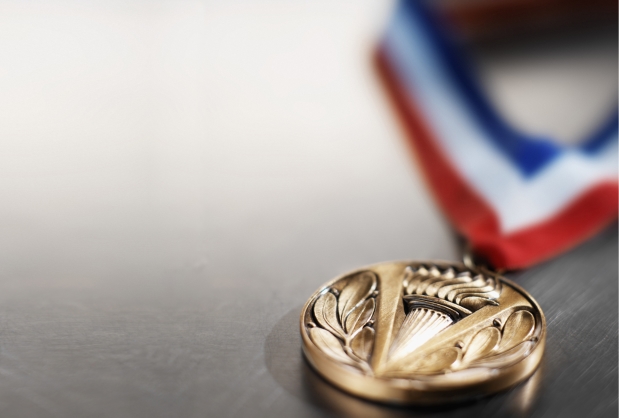
Diane Gasner Graduate Scholarship
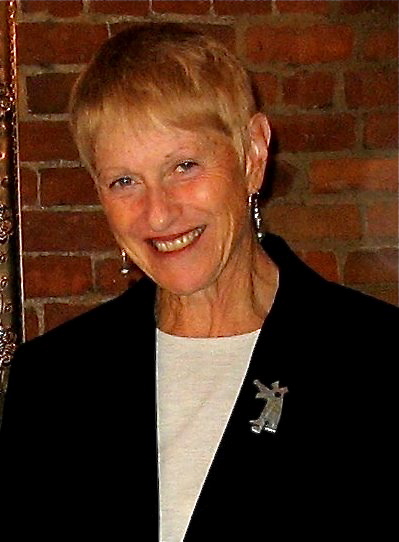 The Rehabilitation Sciences Institute (RSI) in the Faculty of Medicine at the University of Toronto is extraordinarily grateful for the generosity of alumna Diane Gasner (Dip PTOT ’63; BScPT ’86), for establishing the Diane Gasner Graduate Scholarship in RSI.
The Rehabilitation Sciences Institute (RSI) in the Faculty of Medicine at the University of Toronto is extraordinarily grateful for the generosity of alumna Diane Gasner (Dip PTOT ’63; BScPT ’86), for establishing the Diane Gasner Graduate Scholarship in RSI.
As a former faculty member in the Department of Physical Therapy, Diane continues to make a significant contribution not only to the Department but to the field itself through her mentorship of alumni. As such, she continues to sit on the executive committee of the PTOSOT Alumni Association. Diane also helped lead the project that resulted in the publication of the book Moving Together: Physical Therapy and the University of Toronto.
Among her noted recognitions are the Faculty of Medicine Atkins Award for excellence in undergraduate teaching, granted in 1996, the Achievement Award for outstanding contribution to the profession of Physical Therapy granted in 2008 and the Arbor Award which she received from the University in 2010 in recognition of her numerous volunteer contributions.
Once available in 2019, the endowed Diane Gasner Graduate Scholarship will provide funding for a graduate student who has completed the University of Toronto’s MScPT program, is enrolled in the Rehabilitation Sciences Institute and is undertaking musculoskeletal research. For more information on eligibility, please refer to the Upcoming Award Deadlines tab on the RSI website or contact Loida Ares at rsi.admin@utoronto.ca.
The Rehabilitation Sciences Institute thanks Diane for her thoughtful generosity and her understanding and support of graduate students and the future of rehabilitation science research.
Optimize this page for search engines by customizing the Meta Title and Meta Description fields.
Use the Google Search Result Preview Tool to test different content ideas.
Select a Meta Image to tell a social media platform what image to use when sharing.
If blank, different social platforms like LinkedIn will randomly select an image on the page to appear on shared posts.
Posts with images generally perform better on social media so it is worth selecting an engaging image.
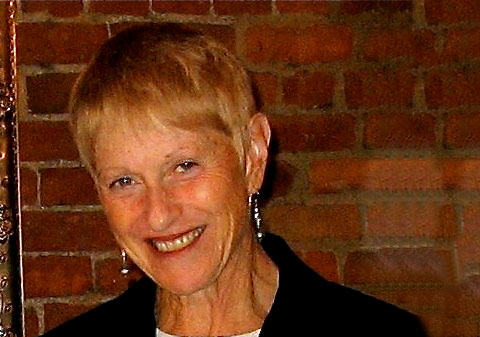
Changing Lives: Dr. Tom Chau Featured in The Toronto Star
RSI’s Dr. Tom Chau is featured in the June 27 edition of the Toronto Star for his device that has allowed a young girl’s "personality to come to our world".
Maria, 10, has cerebral palsy (CP), a neurological disorder that interferes with the signals passed between her brain and muscles making it difficult for her to speak.
But thanks to a device developed by Dr. Chau at the Bloorview Rehab Centre known as “The Hummer”, Maria is finally able to communicate to the world.
Described in the Toronto Star as a device designed for youth who have complex disabilities but can still make a “hum,” the “Hummer” converts vocal cord vibrations into a digital signal. The message is then fed to a computer that deciphers the noise as if it were a click of a mouse, allowing users like Maria to type words and complete sentences.
Dr. Chau, who is also vice-president of research of Holland Bloorview, has made it his mission in life to invent tools that will help non-verbal kids live more independent lives:
“We believe communication is a fundamental human right.” – Dr. Tom Chau
To read more of Maria’s and Dr. Chau’s story, visit the Toronto Star website.
Optimize this page for search engines by customizing the Meta Title and Meta Description fields.
Use the Google Search Result Preview Tool to test different content ideas.
Select a Meta Image to tell a social media platform what image to use when sharing.
If blank, different social platforms like LinkedIn will randomly select an image on the page to appear on shared posts.
Posts with images generally perform better on social media so it is worth selecting an engaging image.
